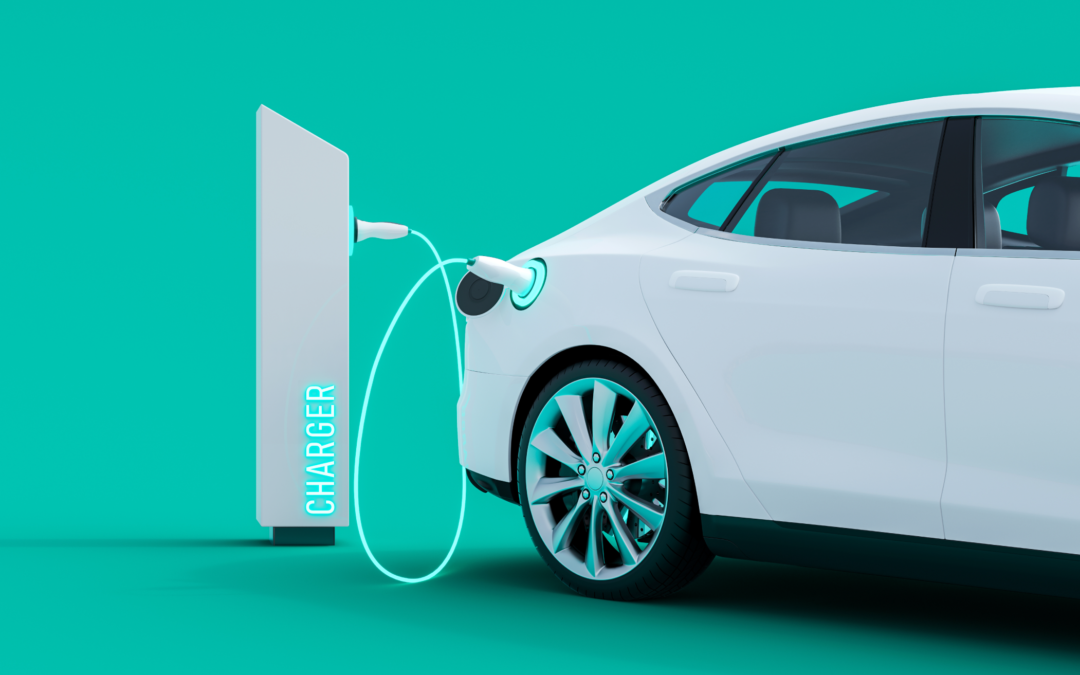New Dope in EV Charging: How the Market Is Progressing to Satisfy Demand
As the electric vehicle (EV) market proceeds to expand, the charging infrastructure is undertaking significant changes to address the rising need. The ramifications of these advancements increase important concerns about the future of EV billing and its duty in the wider power environment.
Development of Charging Facilities
The rapid development of electric car (EV) billing facilities is a crucial element in promoting the extensive fostering of electric wheelchair. As federal governments, exclusive business, and customers progressively identify the importance of decreasing carbon exhausts, financial investments accountable networks have risen. This facilities development is important to reduce array anxiety, making sure that EV customers have hassle-free access to billing stations.
Considerable innovations accountable station technology and release methods have emerged. Urban areas are seeing a spreading of public charging terminals, while country areas are slowly being incorporated right into the billing network. Partnerships in between vehicle manufacturers and billing carriers are coming to be a lot more common, helping with the establishment of thorough networks that boost user experience and access.
Additionally, the combination of sustainable power resources into billing terminals is acquiring momentum, advertising sustainability in the EV environment. This shift not only sustains environmental goals yet additionally lines up with the increasing need for environment-friendly energy services among customers.
Ultra-Fast Charging Technologies
Ultra-fast billing innovations stand for a significant jump forward in the EV billing landscape, allowing electric automobiles to recharge in a fraction of the moment compared to conventional billing methods. These technologies commonly deliver power levels surpassing 150 kW, with some systems rising to 350 kW or more, significantly reducing charging times to as little as 15-30 mins for a substantial fee.
Trick allowing technologies include innovations in battery chemistry, power electronics, and thermal monitoring systems. High-capacity batteries with boosted thermal security enable for faster charging without overheating. EV Charging news. Furthermore, advancements in charging facilities, such as liquid-cooled cables and modular charging stations, assist in efficient power transfer, enhancing the general user experience
Significant automotive producers and innovation firms are actively purchasing ultra-fast charging networks, acknowledging the crucial function they play in getting rid of variety anxiousness and accelerating the adoption of electric cars. As these innovations come to be extra extensively available, the EV market is expected to witness considerable growth, making electrical movement a much more appealing choice for customers. Overall, ultra-fast billing modern technologies are critical fit the future of sustainable transportation, leading the way for an extra efficient and extensive billing ecological community.
Smart Grid Combination

Through demand reaction techniques, wise grid systems can change charging schedules based upon grid conditions and electricity pricing. For example, throughout durations of high demand, charging can be delayed to off-peak hours, leading to reduced prices for customers and lowered pressure on the grid. Furthermore, vehicle-to-grid (V2G) innovations allow EVs to discharge try this energy back into the grid, offering ancillary services and boosting grid stability.
Combination with sustainable energy resources further boosts the sustainability of EV billing. By useful link lining up billing activities with periods of high solar or wind generation, smart grids promote a greener billing facilities. Eventually, wise grid combination not only sustains the expanding demand for EVs however also contributes to an extra resistant and lasting energy future, positioning the market for long-term success.
Battery Technologies
In the middle of the fast advancement of electric automobiles (EVs), battery developments stand at the center, driving improvements in performance, sustainability, and performance. As the need for EVs surges, suppliers and scientists are focusing on boosting battery innovations to attend to obstacles such as variety anxiety and charging times.
Lithium-ion batteries continue to be one of the most widely made use of innovation, yet brand-new products and chemistries are emerging to boost energy density and durability. Solid-state batteries, for example, assure greater energy storage capacity and enhanced security by replacing liquid electrolytes with solid ones. This shift might dramatically reduce the danger of fire and raise the lifespan of batteries.
Additionally, developments in battery recycling processes are important for sustainability. Business are establishing methods to recoup valuable materials like lithium, cobalt, and nickel from made use of batteries, promoting a round economic climate and lowering environmental effect.

Worldwide Charging Standards

Efforts are underway to establish international charging requirements that help with compatibility amongst different EV models and charging terminals. Organizations such as the International Electrotechnical Payment (IEC) and the Culture of Automotive Engineers (SAE) are functioning collaboratively with auto producers and energy carriers to create detailed standards. EV Charging news. These criteria aim to streamline the billing process, minimize the demand for numerous adapters, and improve user experience
Additionally, standardization can substantially strengthen the growth of the charging network, as it motivates financial investment by making facilities advancement extra efficient and predictable. As the EV market matures, a unified technique to billing requirements will certainly be crucial for making certain that consumers can charge their lorries comfortably and accurately, thereby supporting the broader transition to lasting transport.
Conclusion
The electrical automobile billing market is undertaking considerable change to resolve the surging need for lasting transportation. Advancements in charging framework, ultra-fast technologies, wise grid combination, and innovative battery services are crucial in improving individual experience and operational effectiveness.
Urban locations are seeing a proliferation of public charging terminals, while rural regions are slowly being integrated right into the charging network. a fantastic read Additionally, advancements in billing infrastructure, such as liquid-cooled cords and modular billing stations, help with effective power transfer, improving the overall individual experience.
Generally, ultra-fast billing innovations are pivotal in forming the future of lasting transportation, leading the means for a more comprehensive and reliable billing ecosystem. - EV Charging news
By aligning billing activities with periods of high solar or wind generation, wise grids promote a greener charging facilities.Initiatives are underway to develop international billing requirements that facilitate compatibility among various EV models and charging stations.